Indigenous Governance Database
Leadership
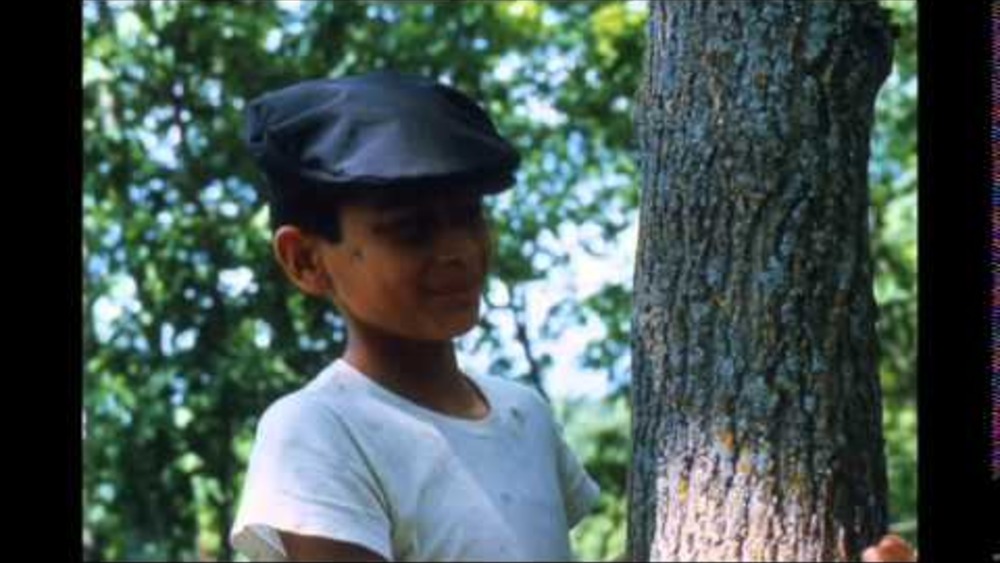
Aangwaamas! It's Time!: The Making of the Red Lake Constitution
Produced by the Red Lake Constitution Reform Committee, "Aangwaamas!" provides Red Lake Nation citizens and others a short overview of the nation's constitutional history and why it is now time to develop a new constitution capable of supporting Red Lake in the 21st century and beyond.
Peterson Zah: Finally We Are Growing Our Own
Recorded on March 25, 2010, in this lecture Dr. Peterson Zah discusses the history of Native American education, Navajo education, and his involvement recruiting Native American students to attend college. He also stresses the importance of higher education to the success of Native nations' efforts…
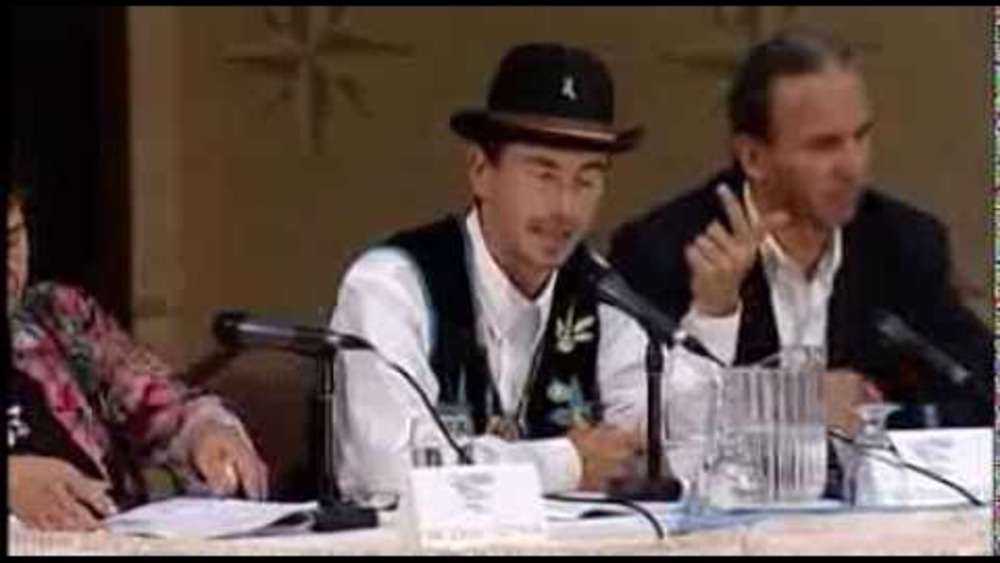
Truth To Tell: Community Connections - White Earth Constitutional Forum Part I
In collaboration with production partner KKWE/Niijii Radio, TruthToTell and CivicMedia/Minnesota traveled west on August 14, 2013, to the White Earth Reservation to air/televise the seventh in our series of LIVE Community Connections forums on critical Minnesota issues. Convened at White Earth's…
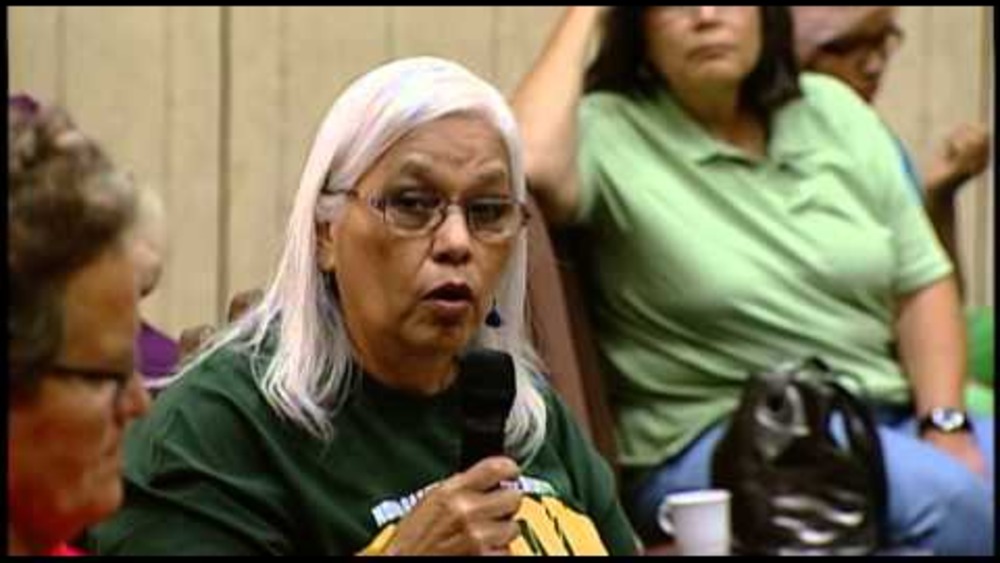
Truth To Tell: Community Connections - White Earth Constitutional Forum Part II
In collaboration with production partner KKWE/Niijii Radio, TruthToTell and CivicMedia/Minnesota traveled west on August 14, 2013, to the White Earth Reservation to air/televise the seventh in our series of LIVE Community Connections forums on critical Minnesota issues. Convened at White Earth's…
Native Nation Rebuilders Speak
Participants in the Bush Foundation's Native Nation Rebuilders Program offer their personal perspectives on nation building and share their experiences in the program.
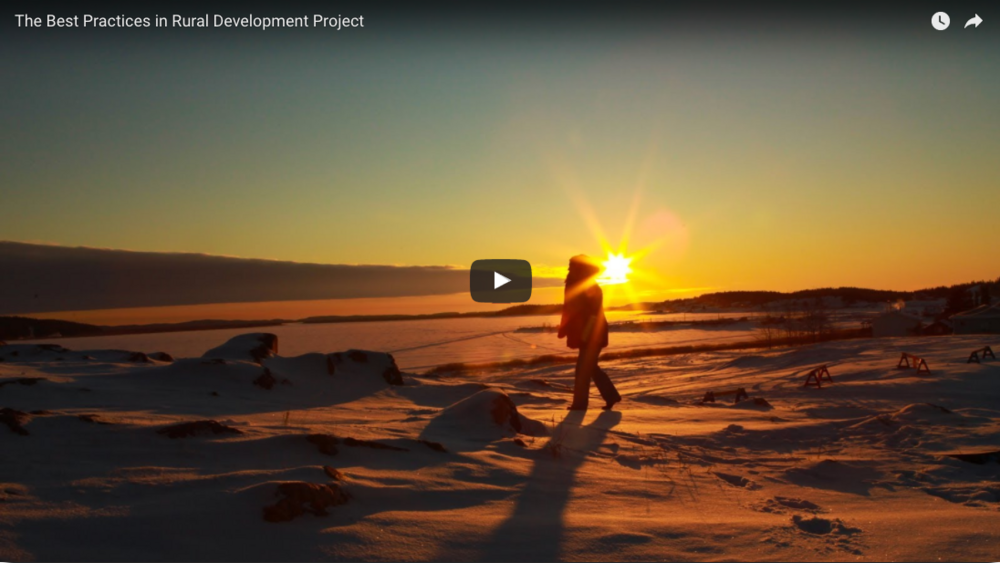
The Best Practices in Rural Alberta Project
The Best Practices in Rural Alberta Project culminated in September 2012, after two and a half years of community engagement; research into the examination of leadership strengths and practices; incredible youth development; and video capture in preparation for a documentary film. This documentary…
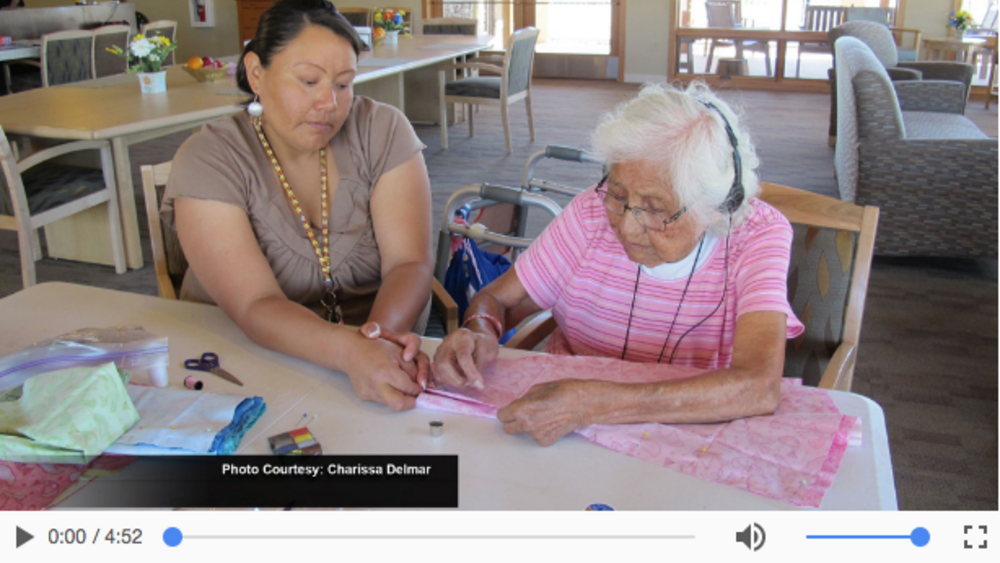
Tohoho O'odham Nation Used as Model For Tribal Governance
The Tohono O'odham Nation, which is in Southern Arizona and northern Mexico, has a tribal governance structure that other Native nations can learn from, and that's why the Native Nations Institute at the University of Arizona is featuring the tribe in some of its courses about governance. The…
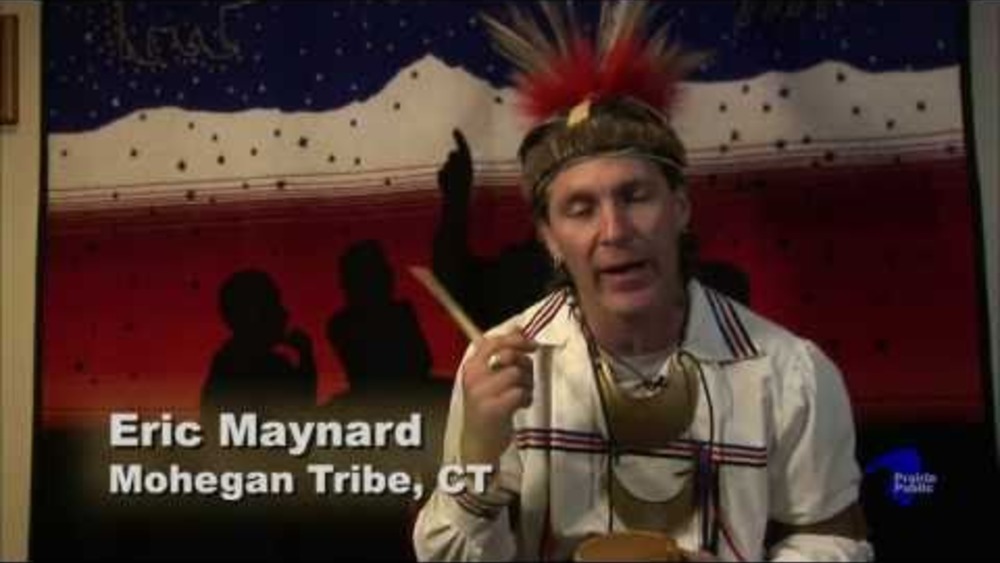
Indian Pride: Episode 106: Indian Advocacy
Indian Pride, an American Indian cultural magazine television series, spotlights the diverse cultures of American Indian people throughout the country. This episode of Indian Pride features Joe Garcia, former President of the National Congress of American Indians, and focuses on the topic of Indian…
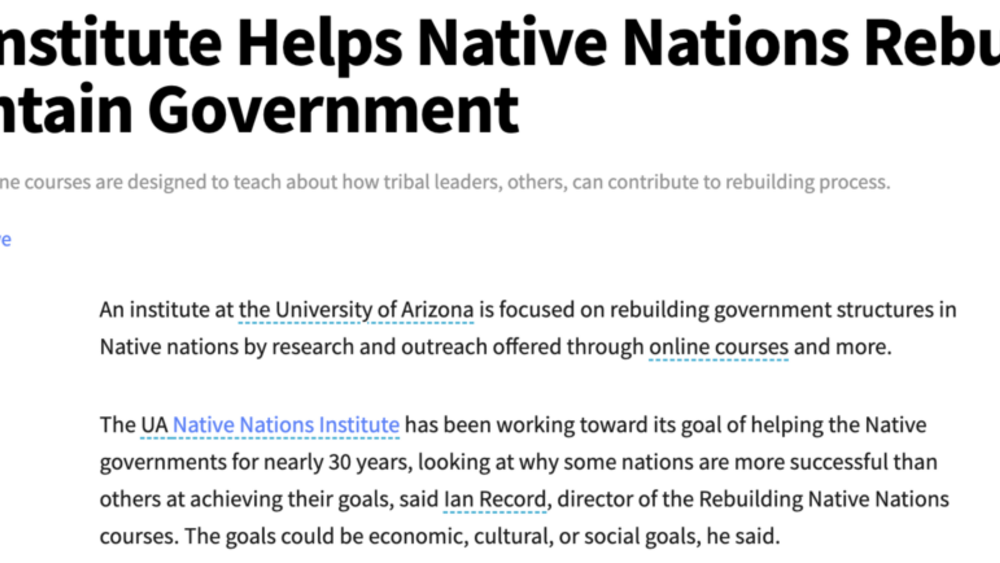
UA Institute Helps Native Nations Rebuild, Maintain Government
An institute at the University of Arizona is focused on rebuilding government structures in Native nations by research and outreach offered through online courses and more. The UA Native Nations Institute has been working toward its goal of helping the Native governments for nearly 30 years,…
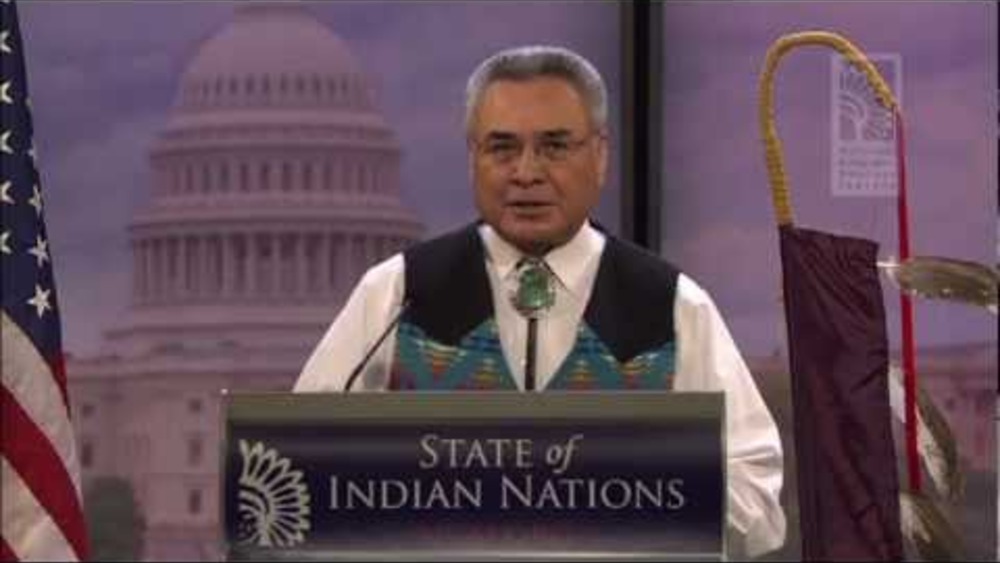
2012 NCAI State of Indian Nations
Jefferson Keel, President of the National Congress of American Indians (NCAI) delivers the 2012 State of Indian Nations Address. The nationally webcast and radio address delivered just days after the 2012 State of the Union Address by President Obama, charts a path for tribes to play a vital role…
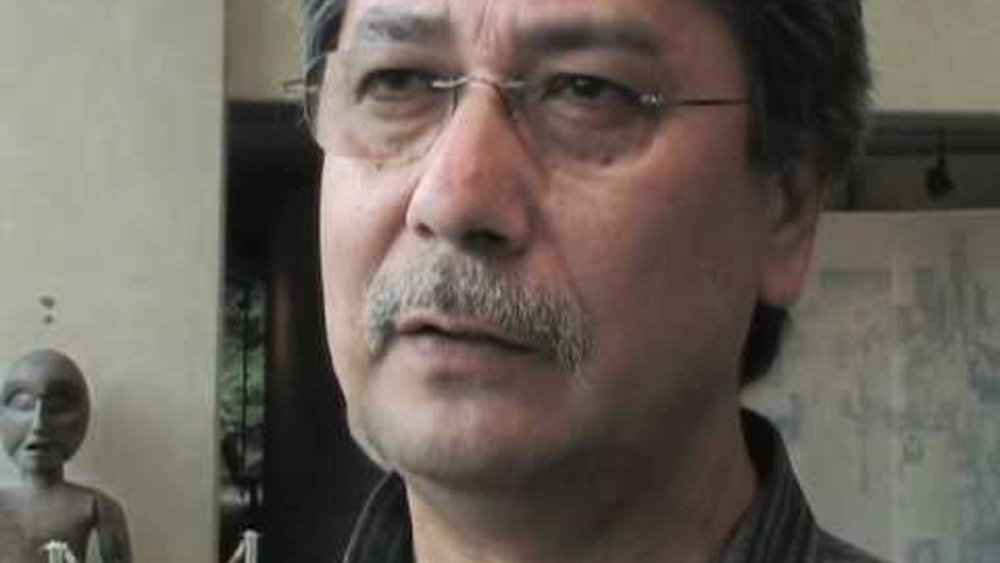
NCFNG: Youth and First Nation Governance
Satsan (Herb George), President of the National Centre for First Nation Governance, talks about the importance of involving youth in Nation Rebuilding.
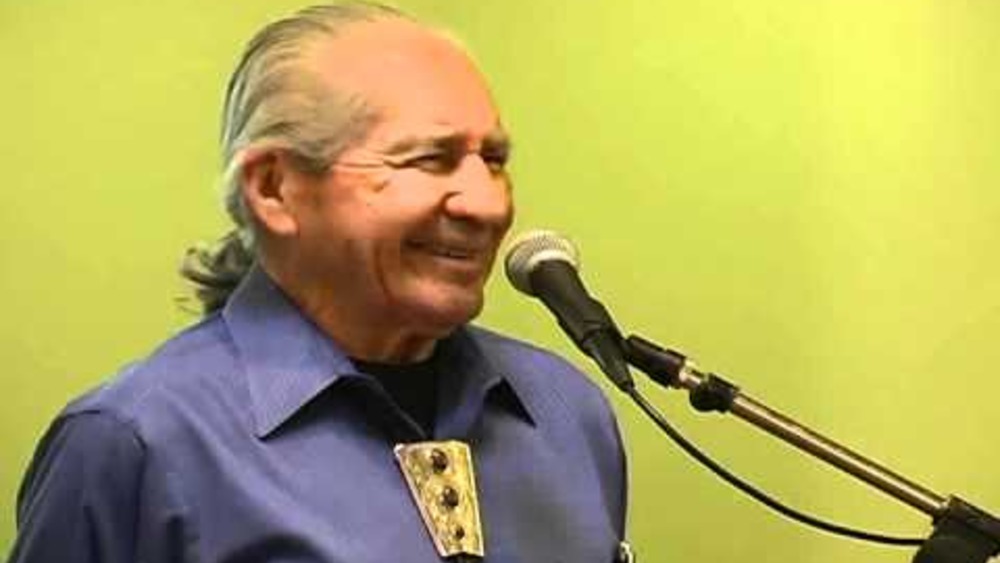
Chief Oren Lyons on International Leadership and Empowerment
In this presentation, Chief Oren Lyons discusses the topic of international leadership and empowerment. The speech was given on March 18, 2011, at Humboldt State University.
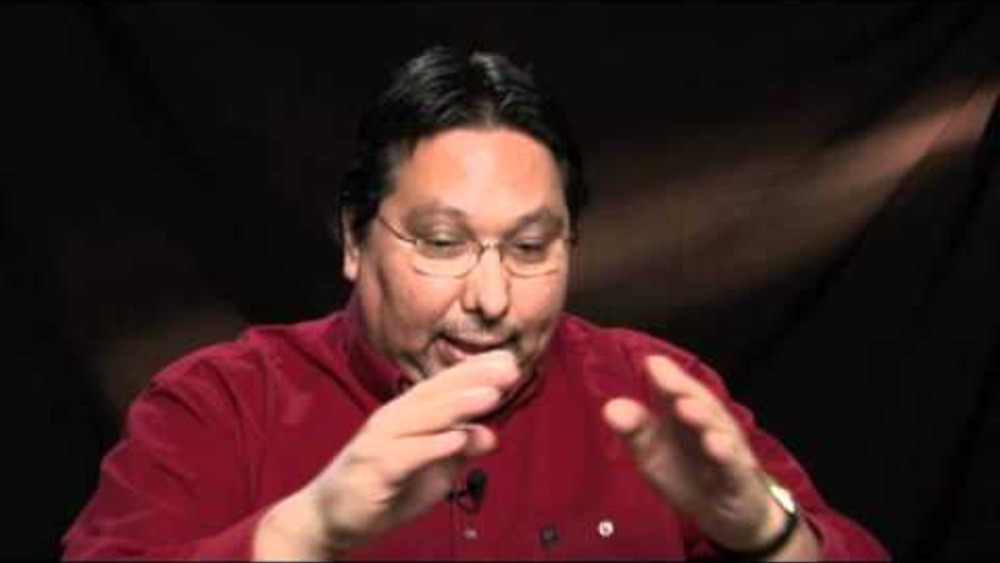
Tradition and Governance: Tom Happynook
Tom Happynook of Huu-ay-ut First Nation explains how traditional leaders are raised to learn the qualities and values of leadership. He also explains how traditional governance in his community is more democratic than the Canadian election process.
Stephen Cornell: Two Approaches to Building Strong Native Nations
Harvard Project on American Indian Economic Development Co-Director Stephen Cornell presents the research findings of the Harvard Project and the Native Nations Institute, specifically the two general approaches that Native nations pursue in an effort to achieve sustainable community and economic…
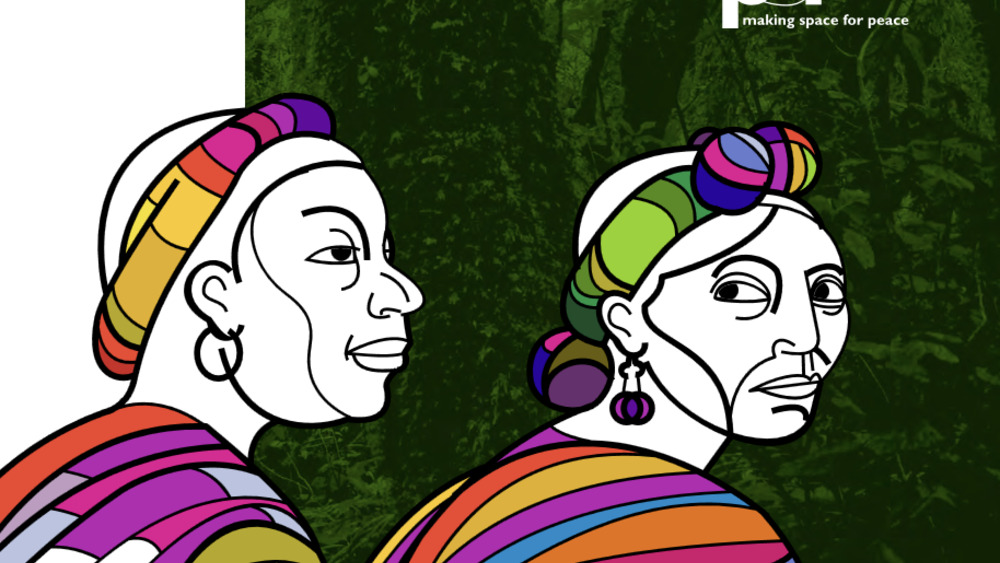
Guatemala’s Indigenous Women in Resistance: On the Frontline of the Community’s Struggle to Defend Mother Earth and her Natural Assets
The objective of this study is to examine the social process at work in the defense of natural resources from the perspective of the indigenous women involved in it. Given the country’s broad cultural diversity and the time limits for completing this report, we assumed right from the start that it…
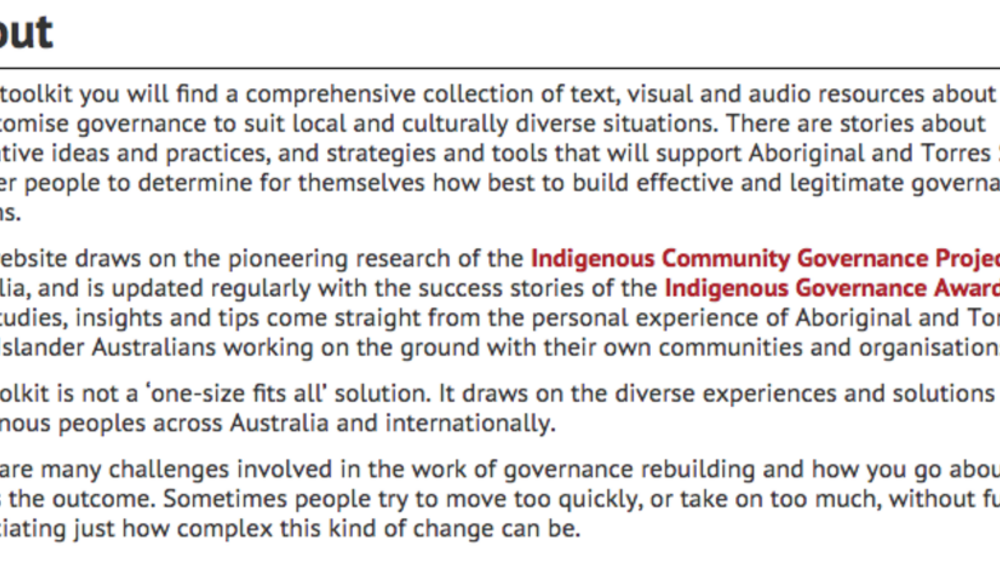
Indigenous Governance Toolkit
The Indigenous Governance Toolkit is an online resource developed for Indigenous nations, communities, individuals and organisations searching for information to build their governance. It covers all the basics — your rules, values, culture, membership, leadership, and decision making — and has…
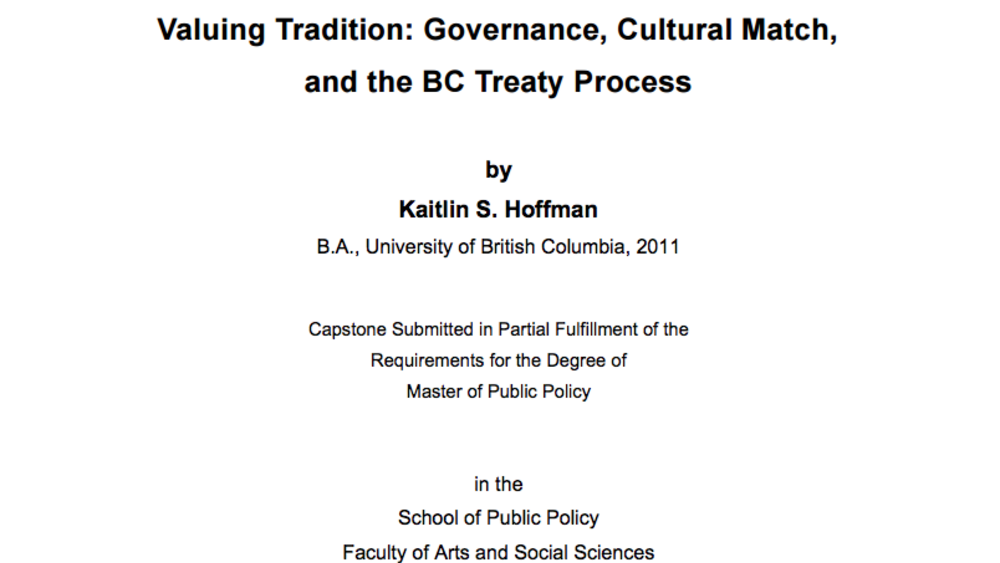
Valuing Tradition: Governance, Cultural Match, and the BC Treaty Process
Self-governance negotiations are an integral part of British Columbia's modern day treaty process. At some treaty tables, impasses have resulted from differences on how to include traditional First Nations governance within treaty. Although some First Nations are determined to pursue traditional…
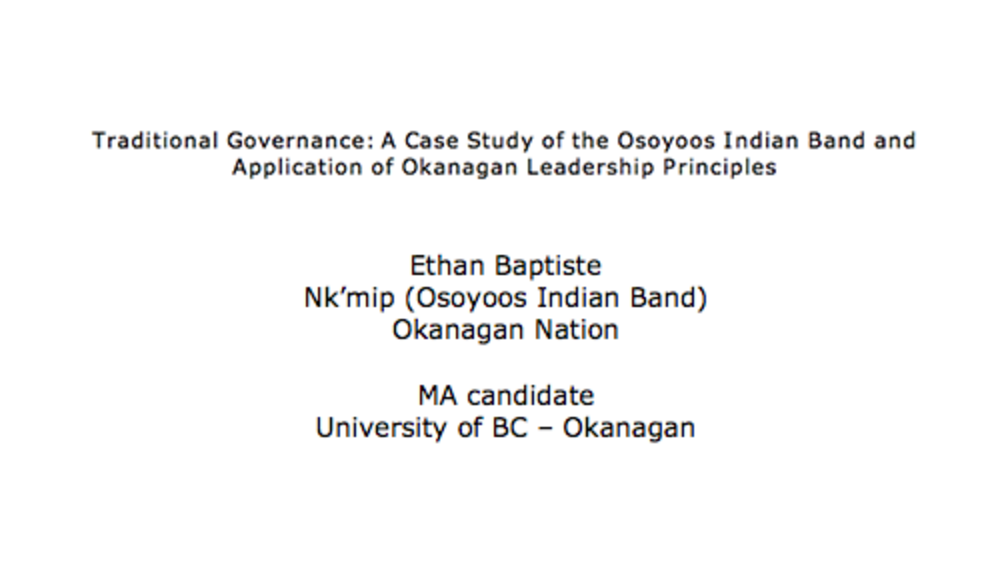
Traditional Governance: A Case Study of the Osoyoos Indian Band and Application of Okanagan Leadership Principles
There are traditional Okanagan governance and leadership principles and guidelines that have been informed through language terms and traditional stories. These have been interpreted and taught to us by our elders of the Okanagan Nation. Five principles of traditional Okanagan leadership will be…
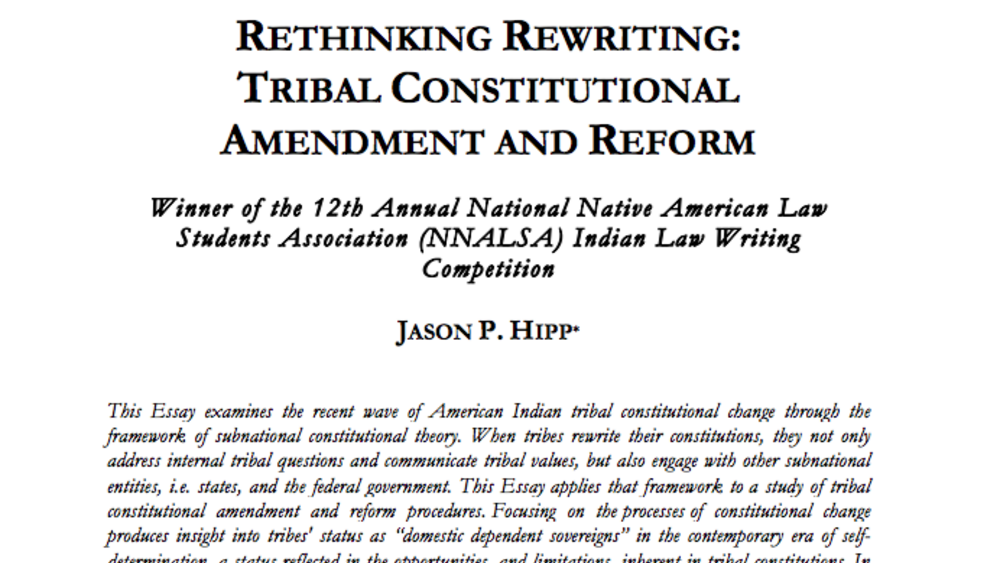
Rethinking Rewriting: Tribal Constitutional Amendment and Reform
This essay examines the recent wave of American Indian tribal constitutional change through the framework of subnational constitutional theory. When tribes rewrite their constitutions, they not only address internal tribal questions and communicate tribal values, but also engage with other…
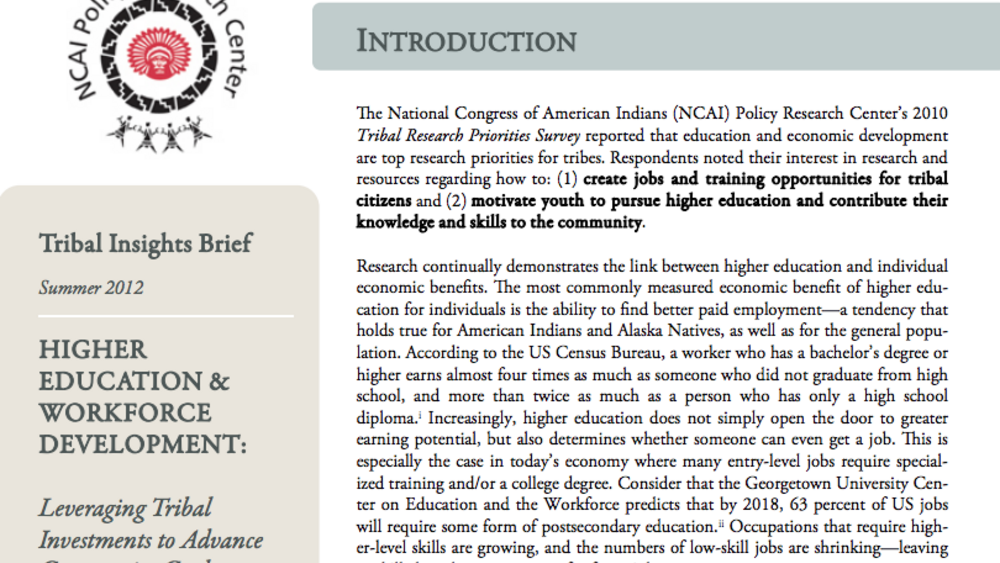
Higher Education & Workforce Development: Leveraging Tribal Investments to Advance Community Goals
The National Congress of American Indians (NCAI) Policy Research Center's 2010 Tribal Research Priorities Survey reported that education and economic development are top research priorities for tribes. Respondents noted their interest in research and resources regarding how to: (1) create jobs and…
Pagination
- First page
- …
- 11
- 12
- 13
- …
- Last page
